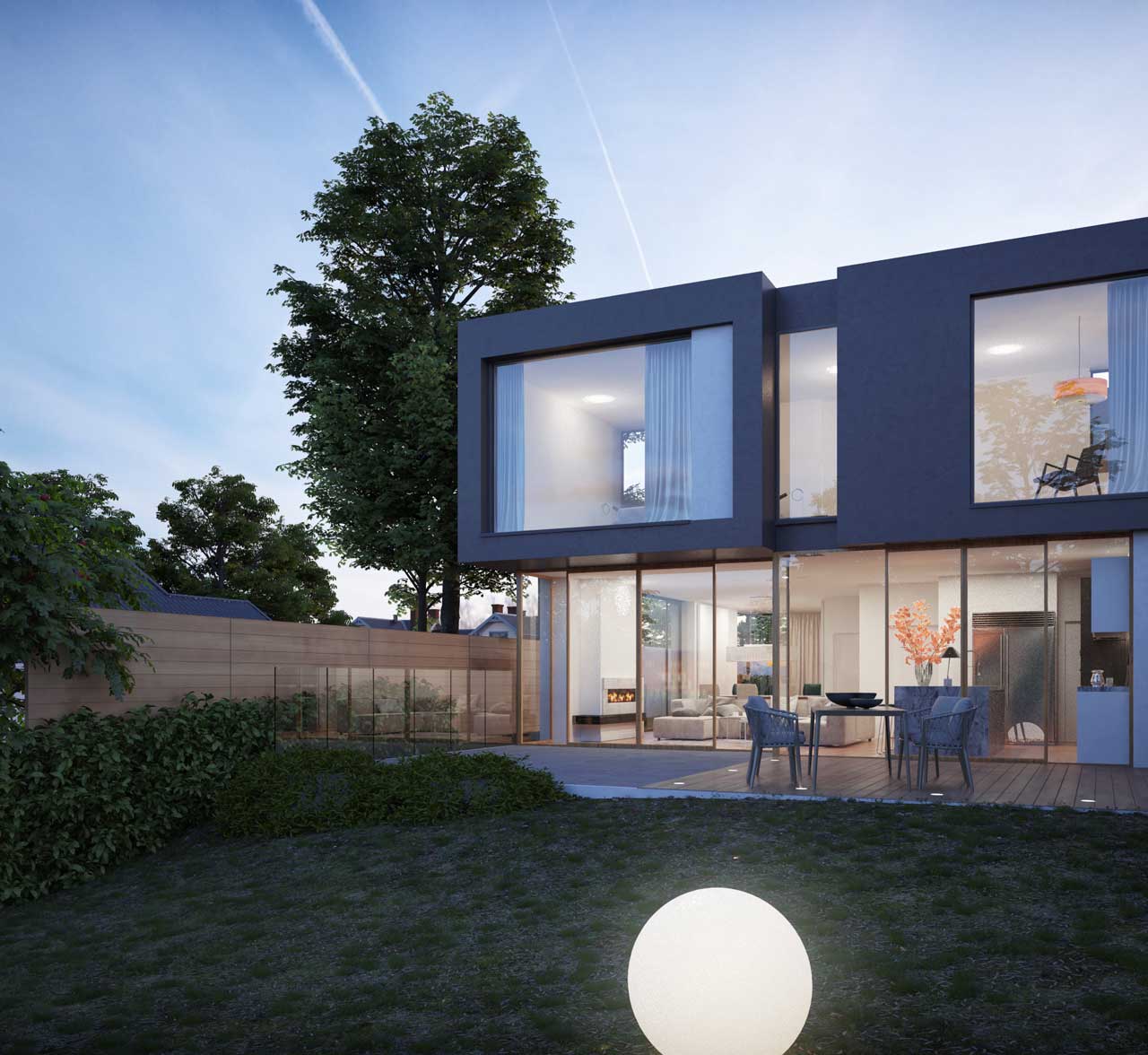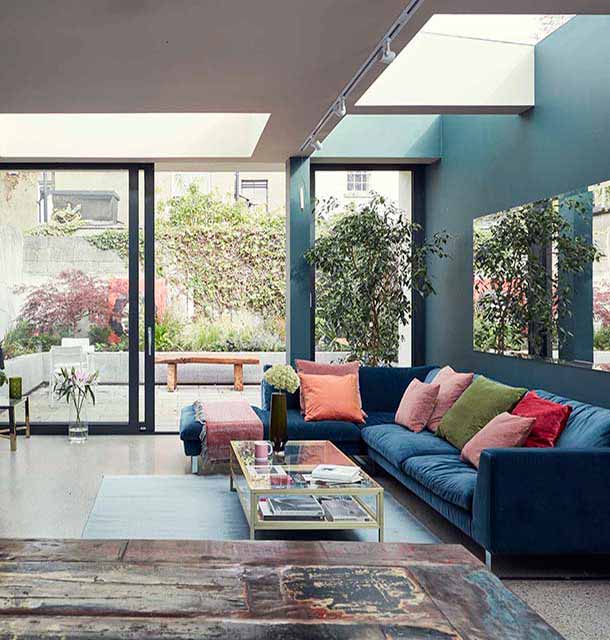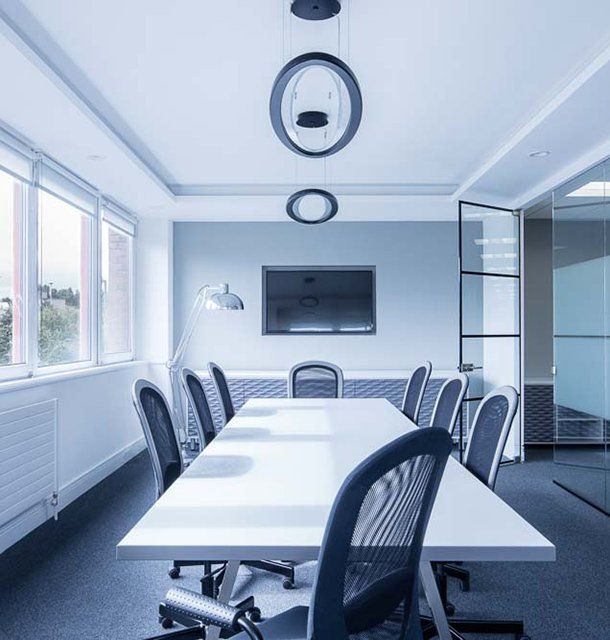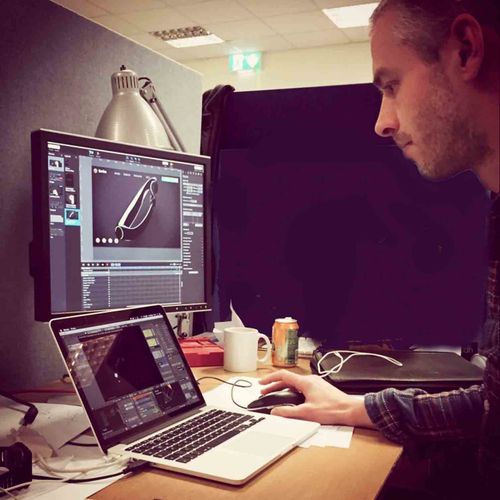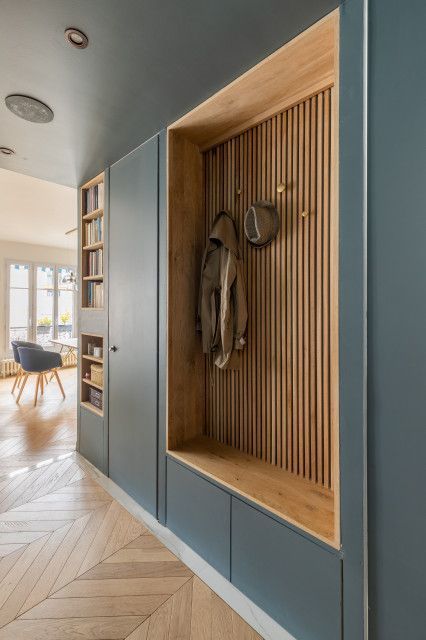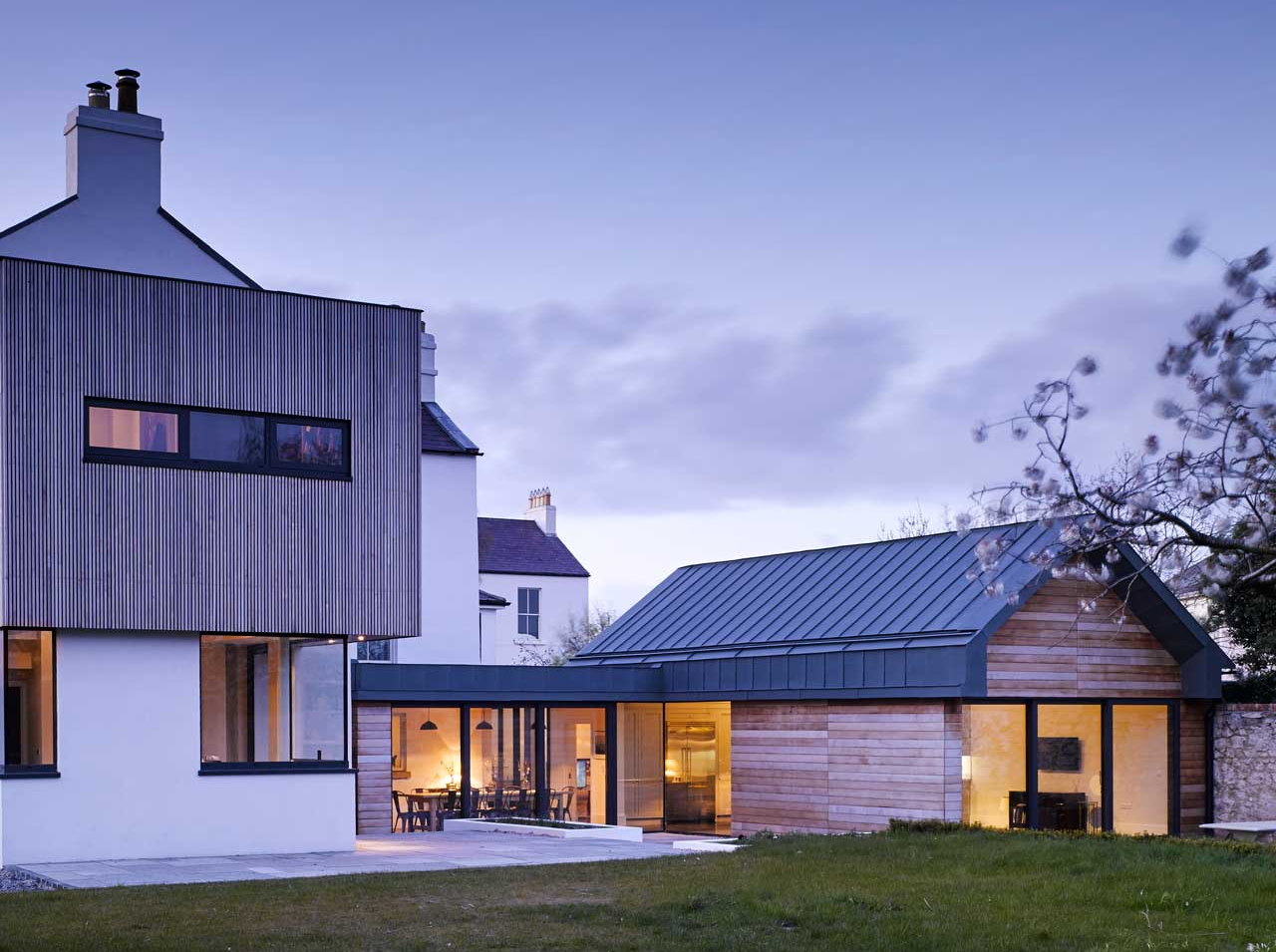Do one thing really well: finding the core value proposition of your business and sticking to it
February 26, 2020
Finding the core value proposition of your business and sticking to it. In this article we highlighted the benefits of focusing time on your main business activities, and how it guarantees the success of your venture.
Or as Google said in their ten commandments for all hopeful start-ups, “It’s best to do one thing and do it well”.
Ask yourself, what does my product do? If the answer can’t be summed up in one line, then you’re overstretched. Speed and dynamism are the hallmarks of all great unicorn enterprises and by extending the features of a product, you only slow the process and dramatically increase the risk of failure.
Resources
As any entrepreneur will say, bringing an idea to market involves a mountain of work and requires unabashed devotion and dedication. However, that’s only in terms of bringing one idea to market. It’s insane to consider spreading- what are already pretty thin resources- across development of multiple functionalities etc. Define the scope of the product, keep it simple and stick to it.

Traditionally, economies of scale are a privilege reserved for larger firms that can leverage unit costs over a sizeable production output. However, the basic principle applies to all enterprises; the more you do something, the better you become at it. By limiting what that thing is, you increase the speed at which you can do it and thus increase the speed at which you improve at it. The benefits of scaling cannot be overstated for a start-up.
Lessening the risk of failure
9/10 start-ups fail. That’s a scarily high failure rate and there are a multitude of reasons why, but largely it’s because the idea or opportunity isn’t grounded in a market need. Enterprises spend massive amounts of R&D funding developing products that quite simply aren’t sufficiently attractive. If you need to add multiple features to a product to make it attractive, it’s highly likely that the basic concept is faulty. Start-ups need to be confident that their minimum viable product has value. Increasing the amount of features only deepens the chasm of wasted capital.
How to do it?
It can be a tough process to narrow down what you considered to be a sophisticated and valuable proposition to the bare essentials. We advise that the enterprise sit down, and write out a list of their unique core competencies, and then another based on the fundamental characteristics of the market demand. The one thing that the company should focus on is what exists as an overlap between these two list; the core concept. By approaching it this way, the enterprise can minimise the risk of specialising on the wrong thing.
Articles
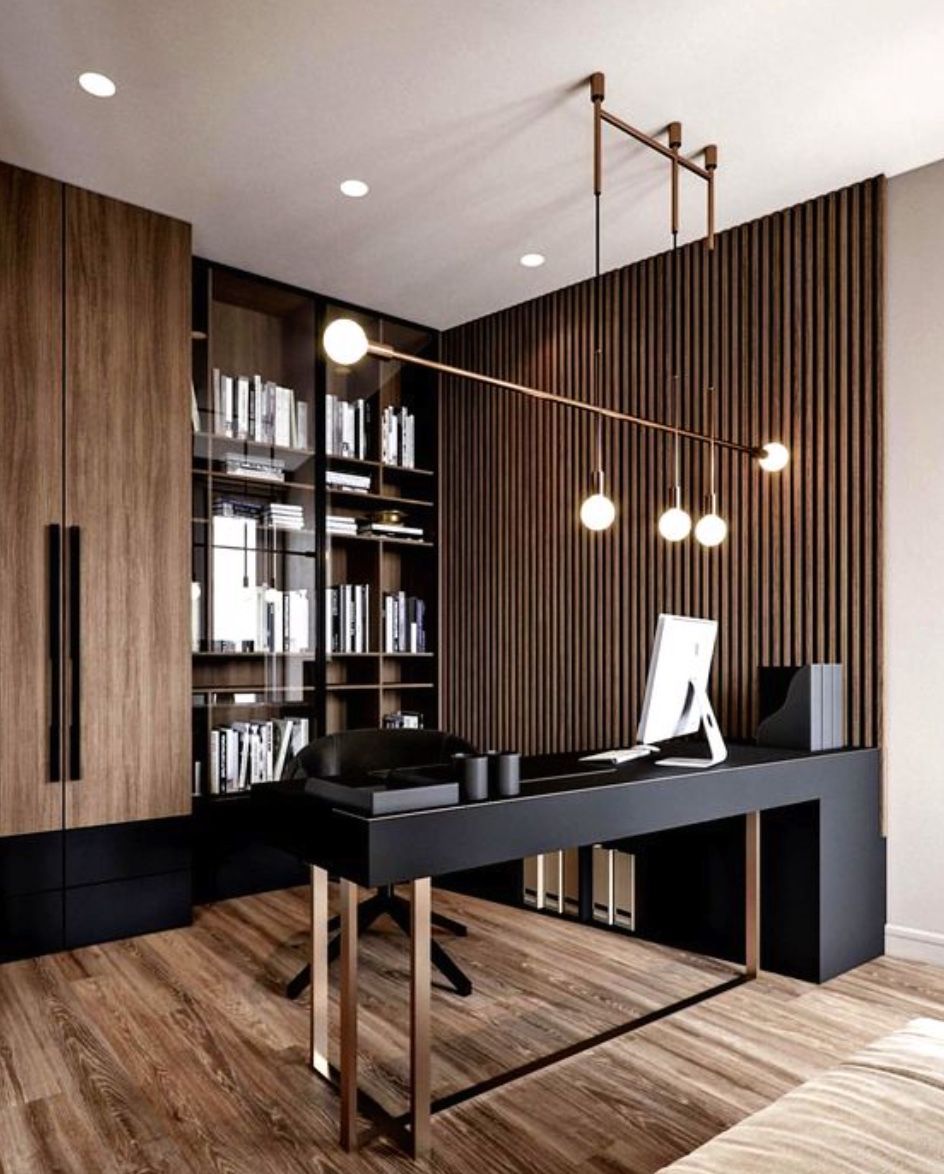
In the period since COVID forced many of us back home and out of the office, remote work has become the new norm for many. The flexibility of working from home, especially for those with small children, is very compelling, but making a productive workspace is more than setting up a desk in the spare room. More people are seeking to create functional and comfortable workspaces in their homes, however, it can be difficult to strike the right balance between a professional office space and a cosy home environment. Here are some tips for designing a home workspace that meets both of these needs: Dedicate a specific area for work Designating a specific area for work is essential for separating work from leisure time. This could be a separate room or just a corner of a room. It is important to make sure that the workspace is free from distractions and clutter, as this will help you stay focused and productive. Choose the right furniture Ergonomic furniture is key to a comfortable and productive workspace. Invest in a comfortable chair, a desk that is the right height, and a good-quality mouse and keyboard. If you are prone to back pain, consider a standing desk. Add personal touches Just because your workspace should be functional, doesn’t mean it can’t be personal. Add photos, plants, and other personal items to make the space feel like your own. This will help create a sense of comfort and make you feel at home in your workspace. Good lighting Good lighting is essential for a comfortable workspace. If possible, place your desk near a window for natural light. If not, invest in a high-quality desk lamp to provide bright, even light. Keep it organised An organised workspace will help you stay productive and focused. Use desk organisers, filing cabinets, and other tools to keep your work area free from clutter. A clean and organised workspace will also help you start each day with a clear mind. Consider your work style Think about the type of work you do and how you like to work. If you prefer a minimalist workspace, opt for a simple desk and a few basic supplies. If you need space for multiple screens and other technology, make sure you have enough room to work comfortably. Take breaks It’s important to take breaks throughout the day to avoid burnout. Step away from your desk, go for a walk, or do some stretching exercises to clear your mind and recharge.

